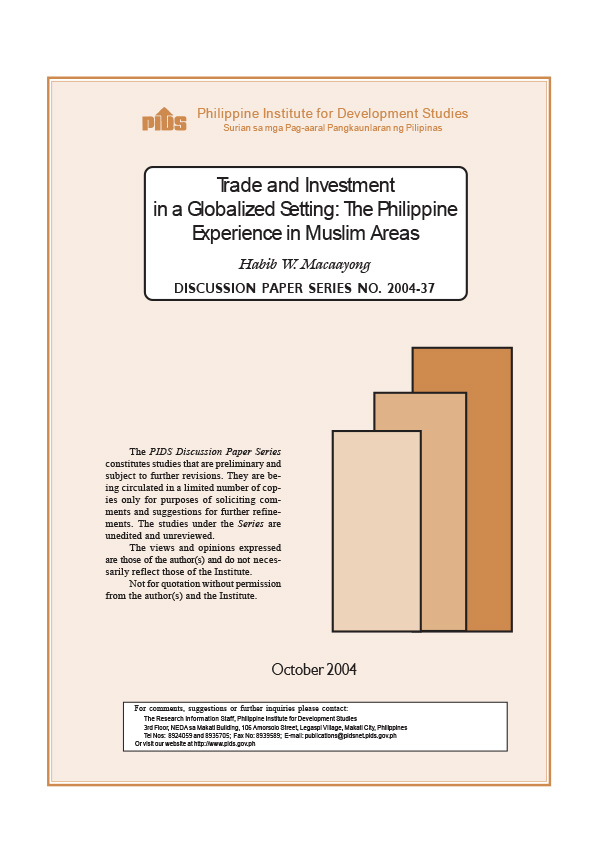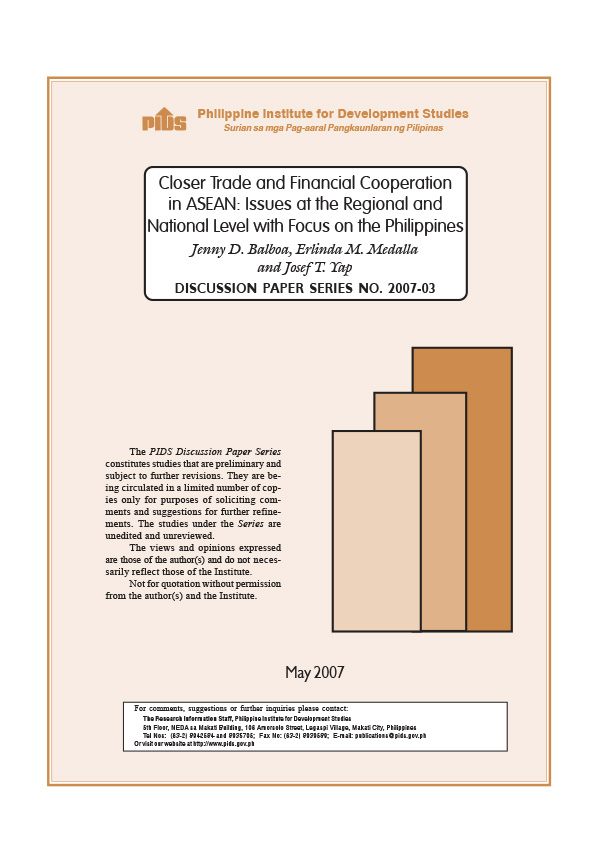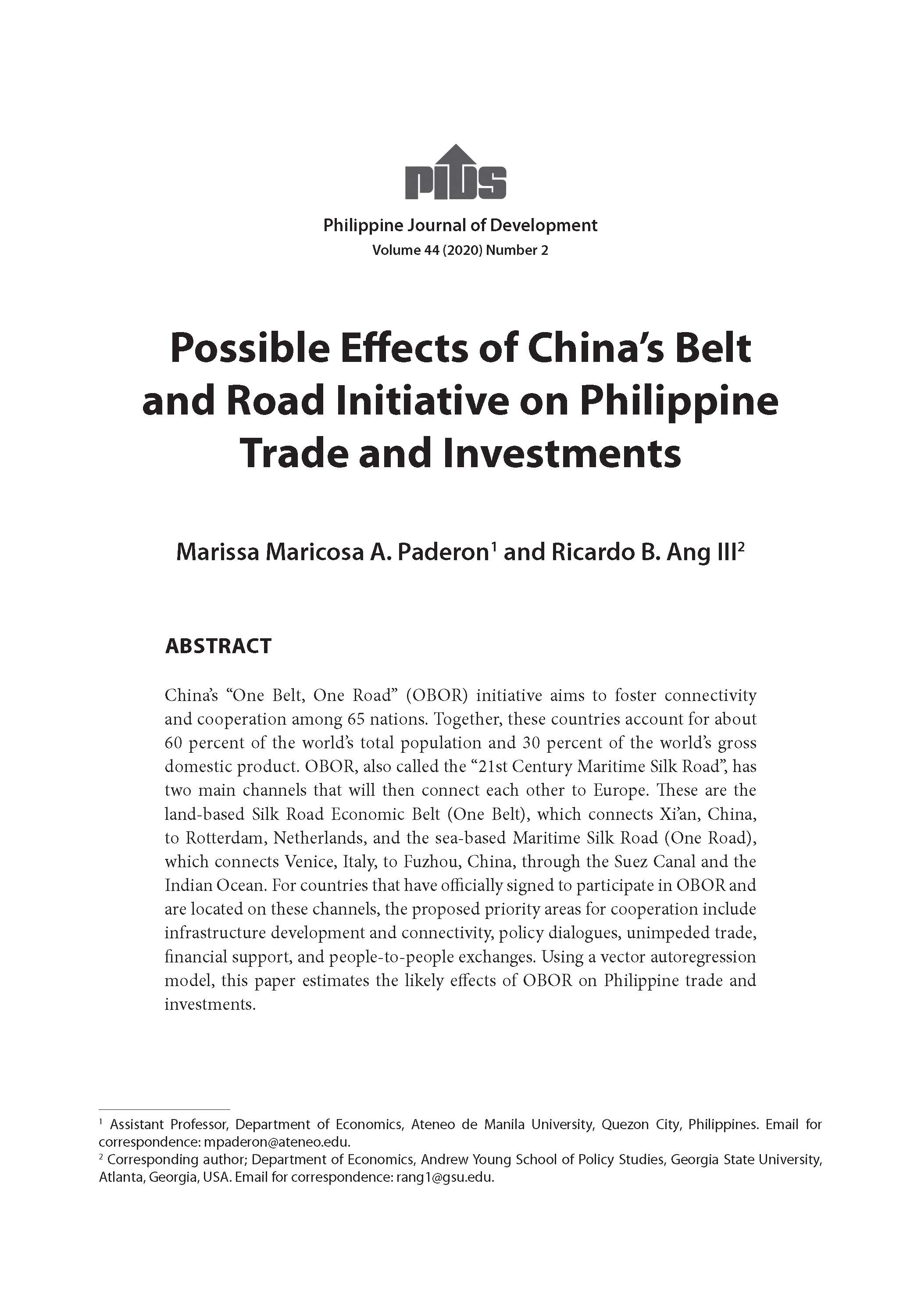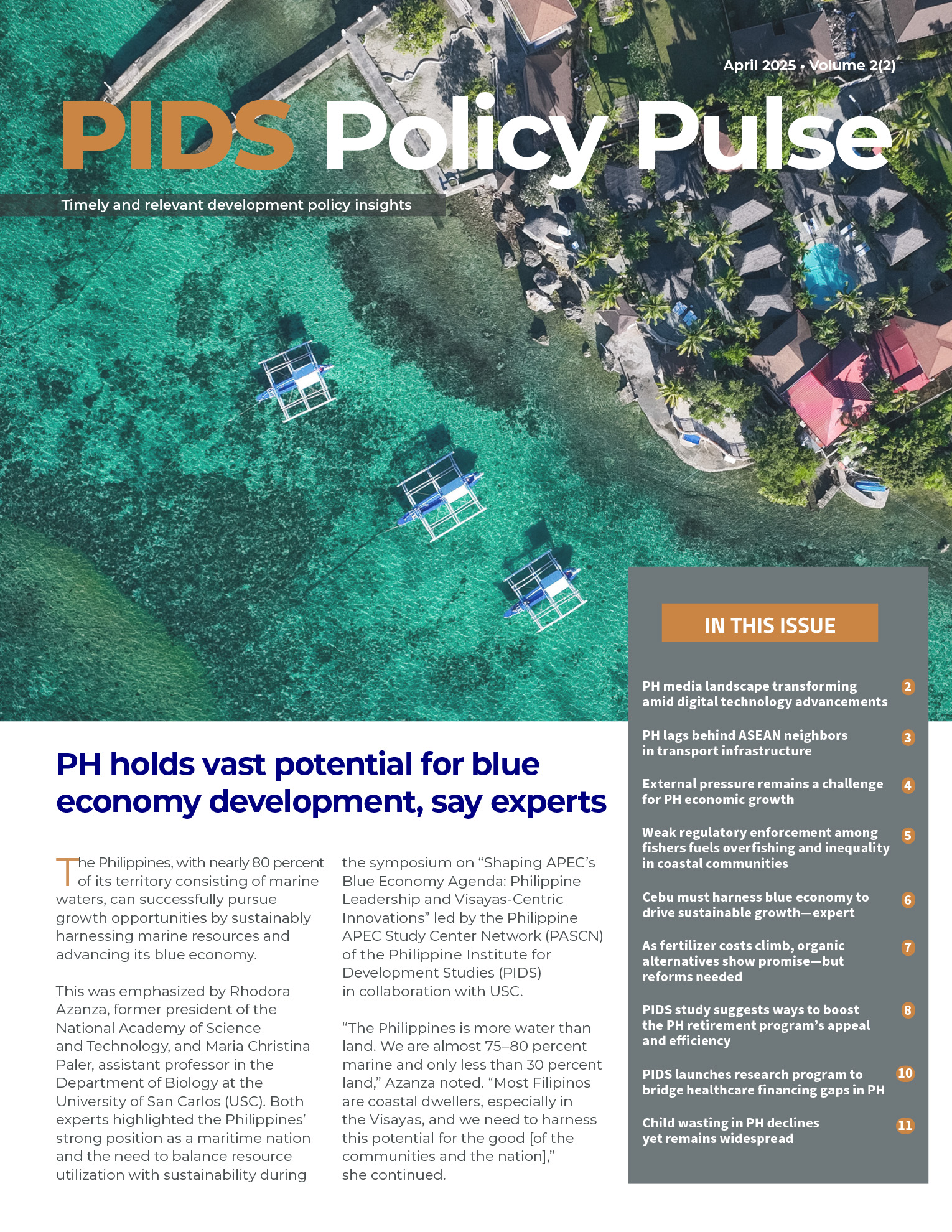The study on Muslim traders in the Philippines was done to determine the profile of the Muslim trade enterprises and the effect of globalization on the Muslim traders as perceived by them. The design of the study was a qualitative-descriptive type of research with a sample of 150 respondents obtained through purposive sampling. Questionnaire was the main research instrument used and frequency counts, percentages, and mean were used as tools of data analysis. On the profile of respondents, the basic findings of the study are: majority (80%) of the Muslim enterprises were classified as sole proprietorship; with capitalization ranging from P1,000,000 to P6,000,000; ninety-one percent relied on personal money as source of capital; majority (53%) merchandised locally produced goods to domestic market, while 41% were involved in import-export trade; and 86% of the Muslim businessmen were in the trading business. On participation to foreign trade, only 33% used to participate, the level of participation of those who participated was adequate. Only 37% were motivated by the global trend to participate; and 72% believed that globalization has contributed to tourism development in Muslim areas. On access to global trade and investment programs. Sixty-seven of the businessmen had access to non-financial support program of the government, like trade promotion and tax and tariff incentives; those who have access found their level of access to be inadequate; some of them enjoyed support from few agencies, like GSIS, SSS, and DTI. The participation of the Muslim businessmen is affected by problems like lack of capital, peace and order situation, and poor communication systems, among others. Findings imply that the Muslim businessmen are still caught in the traditional system, i.e., sole proprietorship, which has low level of capital that hindered them to get foreign investors and to expand their business. The structure of the Muslim businessmen is heavily based on trading that rarely ignites capital inflow in the Muslim areas. There is low percentage of participation in the global trade from the countryside, which is just normal in the context of the Philippine situation. Active participation of the Filipino Muslims in the global trade is impeded less by their culture than by lack of opportunity to acquire bigger capital.













